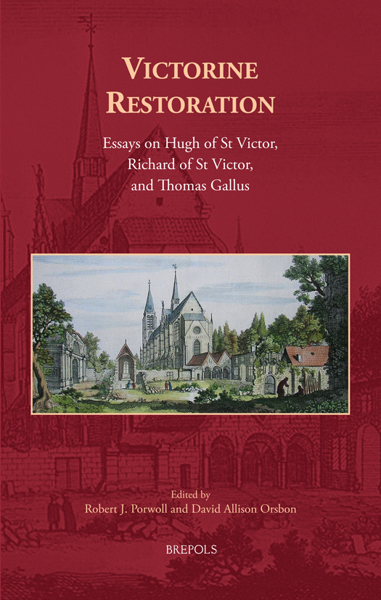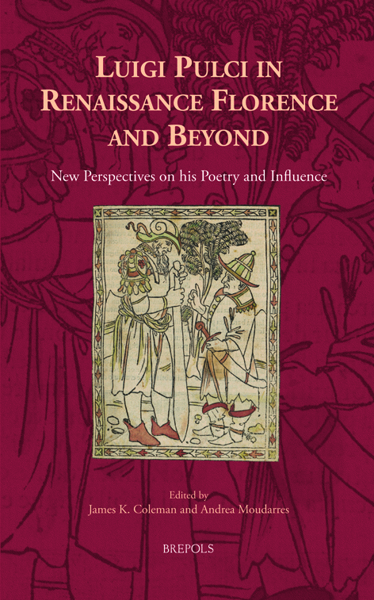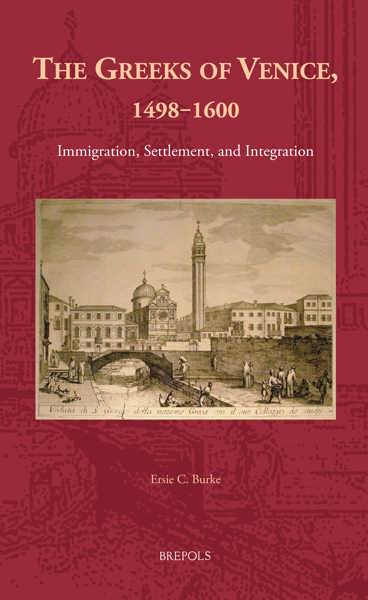
Guests, Strangers, Aliens, Enemies
Ambiguities of Hospitality in the Middle Ages, c. 1000–1350
Wojtek Jezierski, Lars Kjaer (eds)
- Pages: 312 p.
- Size:156 x 234 mm
- Illustrations:9 b/w, 3 col., 2 tables b/w.
- Language(s):English
- Publication Year:2025
- € 80,00 EXCL. VAT RETAIL PRICE
- ISBN: 978-2-503-61092-4
- Hardback
- Available
- ISBN: 978-2-503-61093-1
- E-book
- Available
The case studies in this volume show how in many contexts hospitality served as ambiguous means of interplay between lofty ideals and complex social practice and a way of conceptualizing political and cultural conflict.
Wojtek Jezierski is Professor at the Department of Historical Studies, University of Gothenburg. His research includes history of emotions and hospitality in the Middle Ages, continental monasticism, Christianization and crusading on the Baltic Rim, cults of saints in East-Central Europe, and emergence of political elites in Scandinavia.
Lars Kjær is Associate Professor at Northeastern University London. His research includes studies of gift giving, hospitality, rituals and political culture in the Middle Ages, the history of the crusades and the reception of classical ideas in Medieval Europe.
Many of our oldest and best-loved stories are about killing guests and betraying hosts. Hospitality is celebrated, in medieval texts and in medieval studies, as a way of binding individuals together and strengthening social cohesion, but both the practice and narration of hospitality was shot through with ambiguity and ambivalence.
This volume shifts the scholarly gaze from the high table — where kings, queens, and honoured guests are graciously served by skilled servants — to the shadowy corners of the hall, the places where gossip and complaint are exchanged, where outlaws hide under the guise of hospitality, where hostages and troublesome strangers are benched, where the light from the hall-fire reflects on drawn blades: prompting difficult reflections on the processes of extraction and predation that provided the material foundations for the feast.
The chapters in Guests, Strangers, Aliens, Enemies range from Silk Road caravanserais in Armenia and crusader relations in the Latin East, through ambassadorial and papal receptions in the Mediterranean, treatment of merchants and the poor in Scandinavia, elite feasts in Latin Europe, to hosting of outlaws and hostages in Eurasia. The authors explore ambiguities of hospitality in the Middle Ages through a wide range of sources and methodological approaches.
Guests–Strangers–Aliens–Enemies: Introducing Ambiguities of Hospitality in the Middle Ages, c. 1000–1350
WOJTEK JEZIERSKI and LARS KJÆR
Hospitalitas: A Virtue in Danger. Semantic Observations on the Use of hospitalitas in Latin Narratives Sources, 1000–1400
TIM GEELHAAR
A Gilded Cage? The Hospitality, Care, and Treatment of Hostages in Eurasia, c. 800–1050
ALICE HICKLIN
‘In True Obedience to the Laws of Hospitality’: Hosts, Guests, Crusaders, and the Latin East in the Historia of William of Tyre
LARS KJÆR
Guests, Strangers, and Those in Need: Cosmopolitanism as Hospitality and Making Relations in High Medieval Armenia
KATE FRANKLIN
Women as Hosts and Protectors of Outlaws in the Sagas of Icelanders
SIGRUN BORGEN WIK
Between Hostility and Hospitality: Reception of Ambassadors in Late Medieval Italy in the Thirteenth and Early-Fourteenth Centuries
EDWARD LOSS
Ambiguities of Urban Hospitality in the Norwegian Realm, 1100–1350
MIRIAM TVEIT
Opulent and Prone to Disruption: The Reception of Pope Clement VI by Two Cardinals in 1343
RALF LÜTZELSCHWAB
Dark Delights: From Metaphors of Feast-Like Battles to Ambiguities of Hospitality in the Latin Middle Ages
WOJTEK JEZIERSKI
General Index




